
Campaigns
Environment Agency challenged over riverbank habitat destruction
Environment Agency bosses have today been presented with a dossier detailing a series of examples of unacceptable and unnecessary habitat destruction along the banks of no fewer than nine English rivers. This is in direct contravention of both the Agency’s own guidance and national government policy on the environment.
The Angling Trust dossier, titled ‘Riparian Habitat Destruction’ was presented to the Environment Agency at this week’s meeting of the England Fisheries Group – a formal national stakeholder forum – by Martin Salter, Head of Policy at the Angling Trust.
It listed a series of extreme examples of habitat destruction on stretches of the rivers Dearne, Arrow, Thames, Severn, Dane, Hull, Lugg, Tone and Warwickshire Avon which saw the virtual elimination of all the tree cover and bankside vegetation, which provide vital habitat for fish, birds and other wildlife.
As well as highlighting the damage to the riverbank, the dossier challenges the Environment Agency over its failure to ensure that the actions of its Navigation and Flood Defence staff are coordinated and in line with published guidance and legislation. Examples are provided of fisheries staff installing, with rod licence money, woody debris to benefit fish and biodiversity only for the EA’s own Flood Defence staff to rip it all out two years later.
Other areas demonstrating what the Angling Trust describes as a “massive disconnect between policy and practice” include the government’s Trees Action Plan published in May 2021, which states that:
“…the Government has committed to increasing tree planting rates across the UK to 30,000 hectares per year by the end of this Parliament. To achieve this we are intending to spend over £500 million of the £640 million Nature for Climate Fund on trees and woodlands in England between 2020 and 2025 to support this ambition.”
Martin Salter, Head of Policy at the Angling Trust said:
“Despite the Angling Trust submitting an extensive dossier of evidence to the Environment Agency in 2017, the widespread destruction of critically important riparian habitat and the scandalous waste of public money continues unabated with several high profile cases gaining national coverage.
“These riverbank habitats serve to reduce flooding, erosion, sediment ingress, pollution and predation whilst providing shade and habitat for insects, birds, bats, and fish. They are a key part of addressing the major challenges of climate change, flood alleviation, riparian habitat improvement and reversing the decline in species diversity and abundance along our rivers.”
In 2017 the Environment Agency published ‘Woody Debris and Trees near Rivers: A Guide for Landowners’ outlining the importance of trees to riverbanks.
The Environment Agency’s advice says:
“Trees next to rivers are valuable because:
- Their roots stabilise riverbanks helping to reduce and prevent erosion.
- Trees in the upper reaches of river catchments help to alleviate flood risk downstream, by intercepting and slowing flood flows, and increasing infiltration.
- Overhanging branches that touch the water and underwater tree roots provide vital refuge and spawning substrate for fish, along with habitat for invertebrates.
- Overhanging branches provide perches for kingfishers and yield insects that fall into the river, providing food for fish.
- A mosaic of trees and open areas provide a mix of light and shade, and contribute to reducing the impacts of climate change.
- Trees and shrubs provide habitat for nesting birds and roosting sites for bats.
Good Practice:
- Retain mature trees and riverside scrub.
- Pollard or coppice rather than removing the entire tree.
- Retain the root balls.”
Martin Salter added:
“It is all too apparent that the different departments at the EA are not talking to each other nor following or enforcing their own published guidelines. This has led to a massive disconnect between policy and practice to the detriment of environment. The taxpayer is being asked to fund the planting of trees and the installation of bankside habitat and also pay for it to be ripped out, sometimes by different contractors from the same organisation. It is utter madness and the whole issue needs sorting out with clear guidance that is implemented and understood by everyone involved with our rivers.”
Former Midlands match ace and Angling Trust and Chub Study Group member Andy Burt provided some of the recent examples of habitat destruction on his local River Avon in Warwickshire.
Andy said:
“I have fished the Warwickshire Avon for over 50 years, it is a beautiful river and like many I spend a lot of time along its banks fishing or simply out for a walk. A stretch of the river I loved at Marlcliff has now been completely destroyed for no apparent reason and two years ago the destruction was completed all the way down and along the River Arrow.
“This area of the Warwickshire Avon now remains barren, the trees that provided a nesting site for birds, refuge, shelter, food and important shade have now gone. The total war declared upon the bankside has left permanent damage to the river and wildlife, it is unlikely to ever look the same in my lifetime. I doubt the fishing will ever recover even if the vegetation is allowed to recover. In my view, causing that much harm to the environment should be more than a breach of official guidance – it should be a criminal offence.”
Nick Measham, CEO of Salmon and Trout Conservation, said:
“This dossier highlights the disconnect and waste of public money by the EA. It is damning. Tree cover and marginal plants are essential to providing food and shelter for insects which are critical components of the food chain for wild fish, mammals and birds. Destroying this in a too-often misguided attempt to reduce flood risk is criminal and yet another example of the EA’s failure to work coherently. Water quality and quantity are nothing without natural habitat in and alongside our rivers.”
Shaun Leonard, Director of the Wild Trout Trust (WTT) added:
“WTT works with EA fisheries teams, angling clubs and conservation volunteers across England to improve habitat and ‘slow the flow’, planting trees and putting wood into our rivers. Too often, we meet other EA departments, Internal Drainage Boards and Local Authorities doing exactly the opposite, stripping those same rivers of trees and marginal plants! We can’t hope to meet our national environmental targets without joined up thinking and action”.
‘Riparian Habitat Destruction’ dossier – 2022
‘Riparian Habitat Destruction Further Examples Appendix – 2022
You might also like
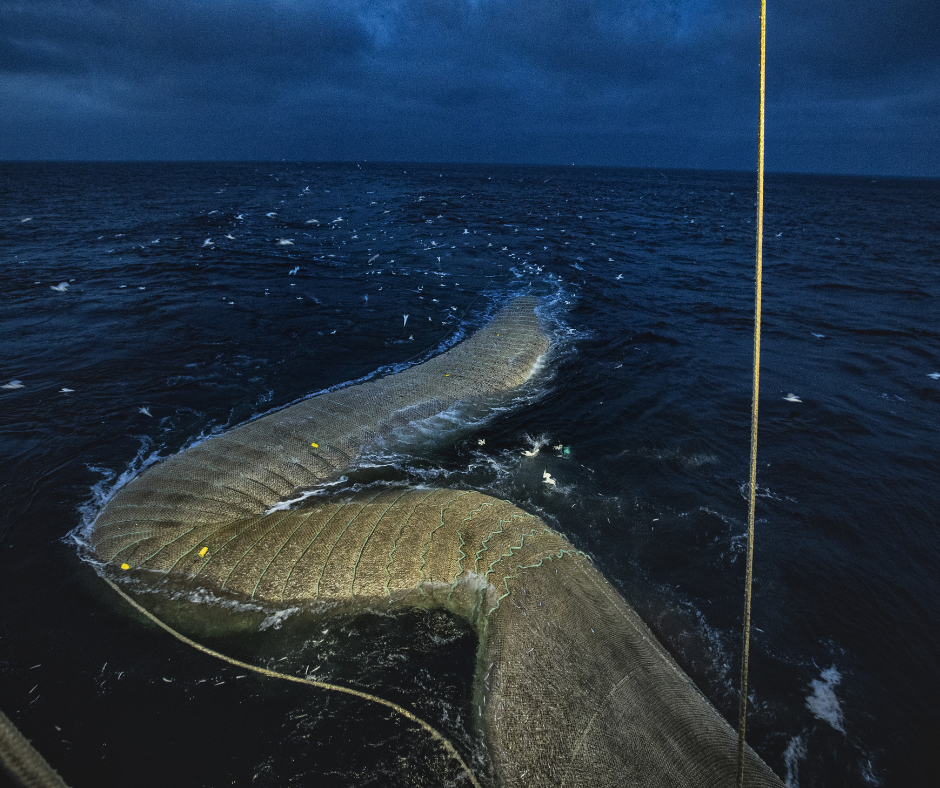
Government Announces Ban on Bottom Trawling in 41 Marine…

Angling Trust Presses Water Commission to Go Faster and…

VIDEO: Alice and her 3 boys have a day…
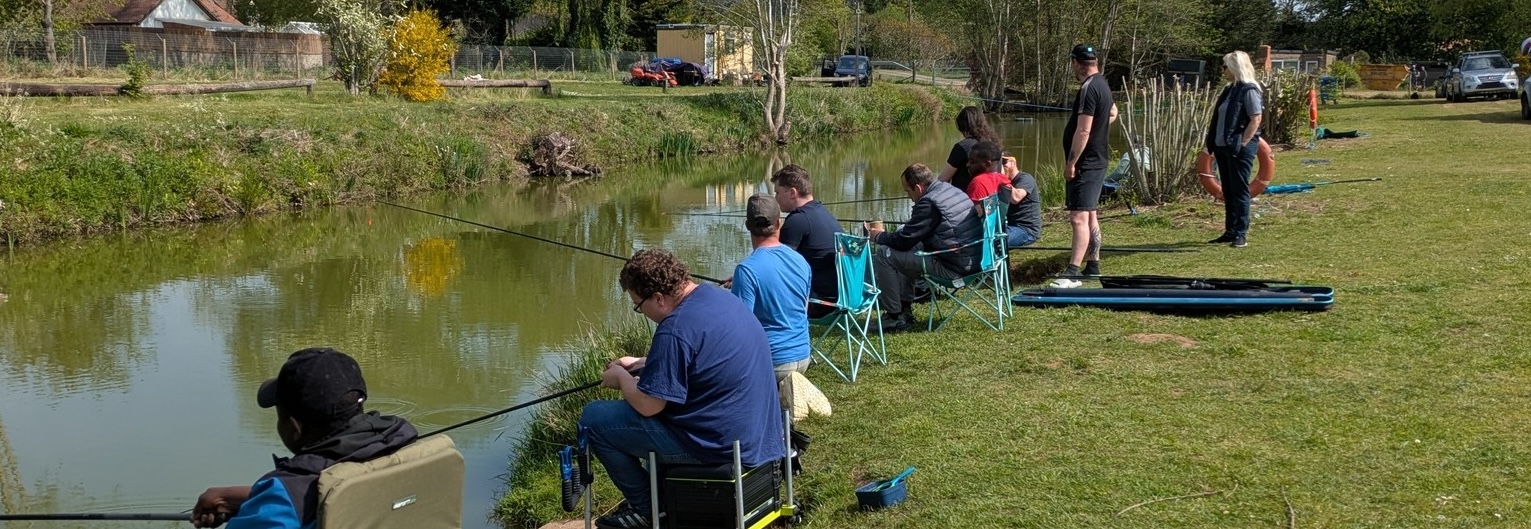
Recovery Rods help boost mental health and wellbeing by…

Teddy is hooked! – back for more fishing and…

Thank you to all our volunteers – you do…

Get Fishing Fund – Funded Project: HACRO were visited…

New Horizons had an amazing day taking part in…
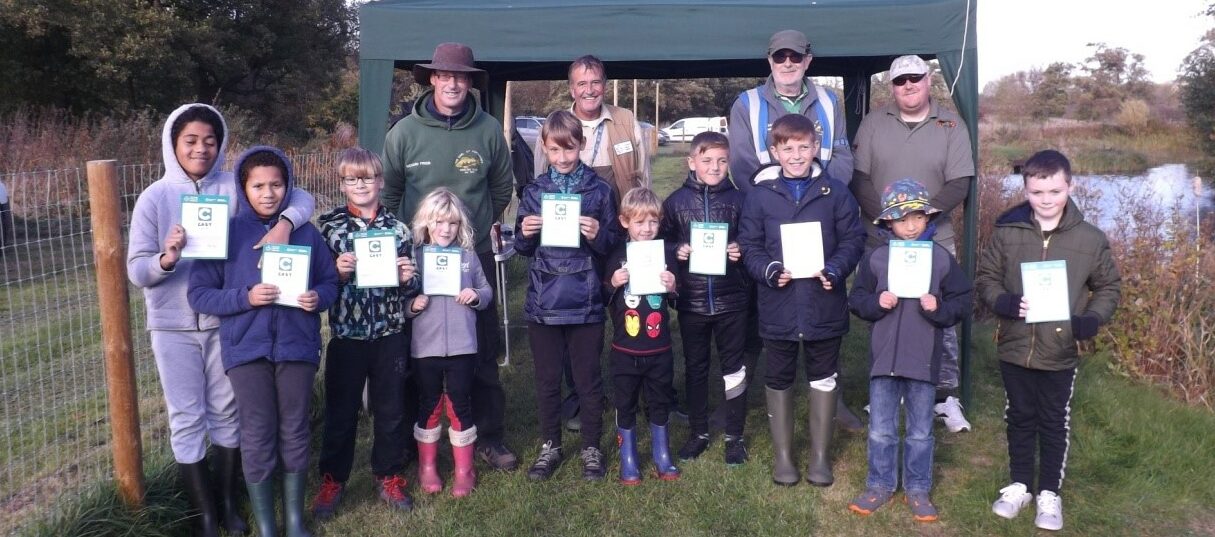
Get Fishing Fund – Funded Project Blog: Steve Clamp…
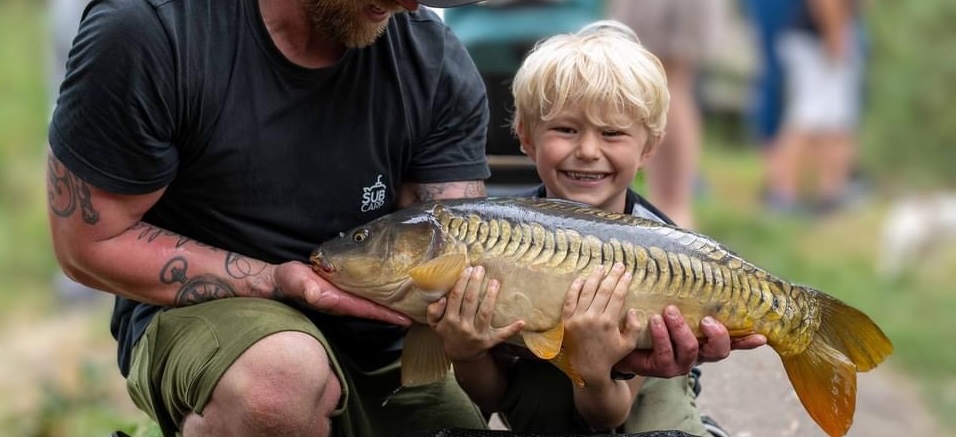
Somersham Angling Club hosted some fabulous Get Fishing events…
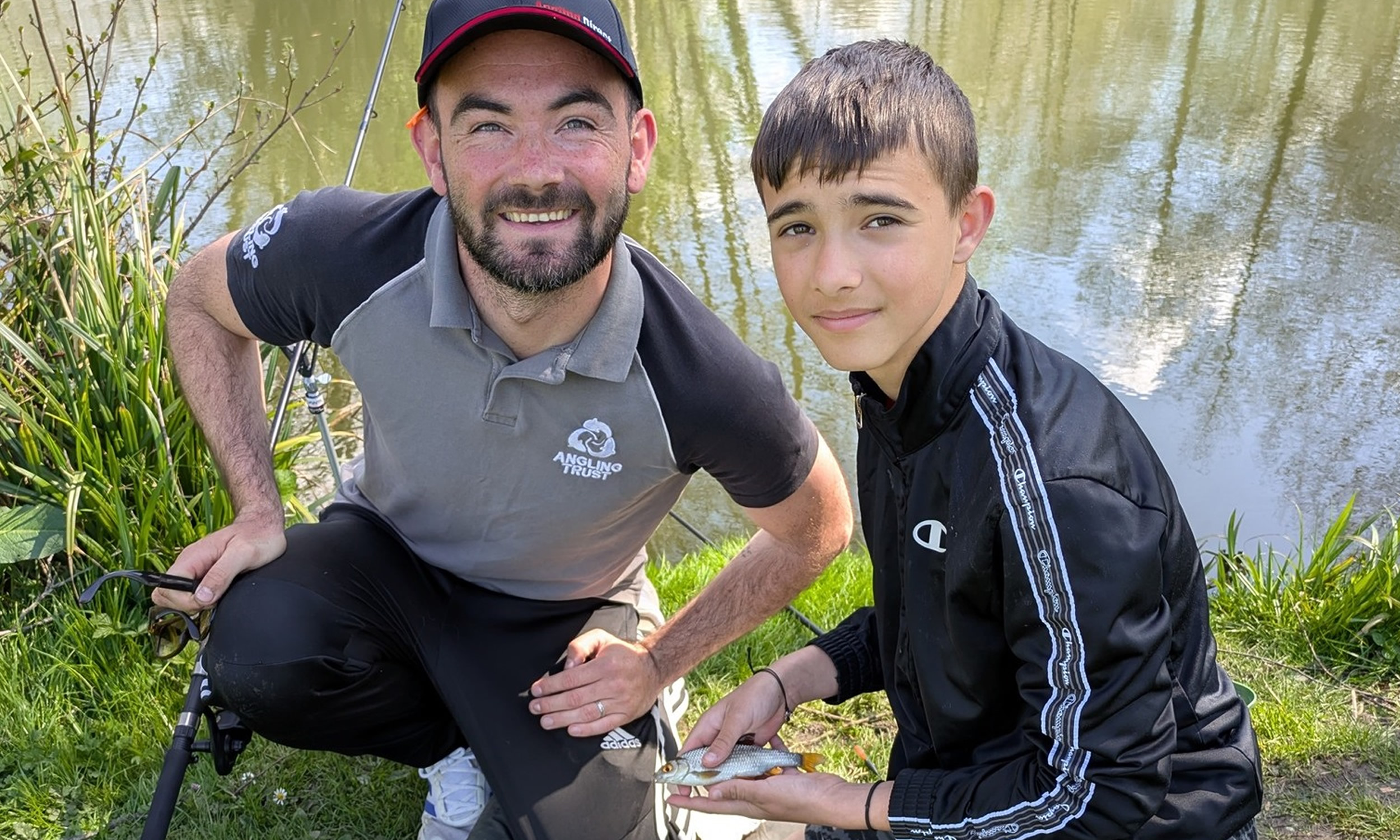
BLOG: Jack’s Back! What’s been happening in my East…

We want a water industry fit for purpose

Government Announces Ban on Bottom Trawling in 41 Marine…

Angling Trust Presses Water Commission to Go Faster and…

VIDEO: Alice and her 3 boys have a day…

Recovery Rods help boost mental health and wellbeing by…

Teddy is hooked! – back for more fishing and…

Thank you to all our volunteers – you do…

Get Fishing Fund – Funded Project: HACRO were visited…

New Horizons had an amazing day taking part in…

Get Fishing Fund – Funded Project Blog: Steve Clamp…

Somersham Angling Club hosted some fabulous Get Fishing events…

BLOG: Jack’s Back! What’s been happening in my East…

We want a water industry fit for purpose

Government Announces Ban on Bottom Trawling in 41 Marine…

Angling Trust Presses Water Commission to Go Faster and…

VIDEO: Alice and her 3 boys have a day…

Recovery Rods help boost mental health and wellbeing by…

Teddy is hooked! – back for more fishing and…

Thank you to all our volunteers – you do…

Get Fishing Fund – Funded Project: HACRO were visited…

New Horizons had an amazing day taking part in…

Get Fishing Fund – Funded Project Blog: Steve Clamp…

Somersham Angling Club hosted some fabulous Get Fishing events…

BLOG: Jack’s Back! What’s been happening in my East…









